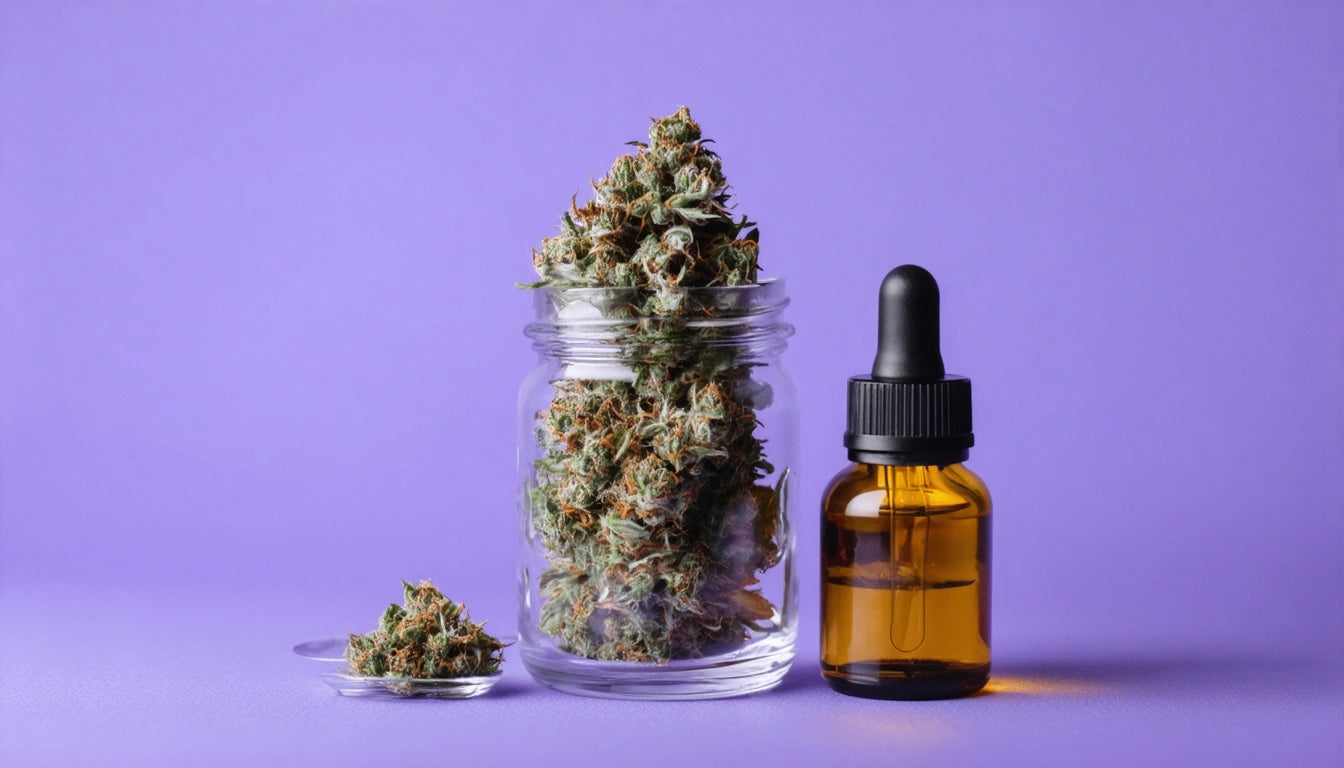Table of Contents
Packaging Delta-9 Gummies: Avoiding the Most Common Compliance Mistakes
Navigating the complex regulatory landscape for Delta-9 THC gummies requires careful attention to packaging compliance. Many brands face costly recalls, legal challenges, and distribution barriers due to packaging oversights. Understanding the requirements across different jurisdictions can save manufacturers significant time and resources while building consumer trust.
Understanding Delta-9 Packaging Requirements
Delta-9 THC products face stricter scrutiny than CBD or Delta-8 products in most markets. The key difference lies in Delta-9's federal scheduling status and its psychoactive potency. According to packaging regulations for Delta-8 versus Delta-9, these distinctions create different compliance thresholds.
The most common packaging mistakes include:
- Failing to implement proper child-resistant features
- Missing or incorrect warning statements
- Inadequate dosage information
- Using prohibited imagery or claims
- Not accounting for state-specific requirements
Child-Resistant Packaging Essentials
Child-resistant (CR) packaging is non-negotiable for Delta-9 gummies in virtually all markets. These products must meet the standards outlined in the Poison Prevention Packaging Act, typically requiring packaging that is difficult for children under five to open but accessible for adults.
For gummies specifically, child-resistant requirements typically mandate:
- Push-and-turn mechanisms
- Special zipper functions
- Multi-step opening processes
Many brands find success with high-quality mylar packaging options that combine child-resistance with excellent product preservation. These materials help maintain product freshness while meeting regulatory standards.
Labeling Requirements for Delta-9 Gummies
Warning Statements
Warning statements must be clearly visible and typically include cautions about:
- Not for children or pregnant women
- Potential impairment when driving
- Delayed onset of effects
- Keeping away from pets
The exact wording varies by jurisdiction, making it essential to reference state-specific labeling guidelines.
Dosage Information
Clear dosage information is critical for consumer safety. Packages must specify:
- Total THC content per package
- THC content per serving/piece
- Number of servings per package
- Recommended serving size
Many states have implemented standardized serving sizes (typically 5mg or 10mg of THC) and maximum package amounts.
State-Specific Compliance Challenges
One of the most challenging aspects of Delta-9 gummy packaging is navigating the patchwork of state regulations. State-by-state packaging rules can vary dramatically.
For example:
- California requires opaque packaging and specific warning symbols
- Colorado mandates specific iconography and universal symbols
- Florida has unique requirements for hemp-derived Delta-9 products
- New York prohibits certain imagery that might appeal to children
Brands selling across multiple states often develop a universal compliance package that meets the strictest requirements across all target markets, though this can increase packaging costs.
Material Selection and Product Protection
Beyond compliance, packaging must protect Delta-9 gummies from environmental factors that can degrade potency and quality:
- Light exposure can degrade cannabinoids
- Oxygen can accelerate terpene loss
- Moisture can affect texture and promote microbial growth
- Heat can melt gummies and alter potency
Many manufacturers opt for specialized Delta-9 packaging that includes:
- UV-resistant materials
- Oxygen barriers
- Moisture-resistant seals
- Temperature-stable construction
Future-Proofing Your Delta-9 Packaging Strategy
As regulations continue to evolve, forward-thinking brands are implementing strategies to adapt quickly to changing requirements:
- Modular label designs that can be updated without complete packaging overhauls
- QR codes linking to digital COAs and expanded product information
- Partnerships with compliance experts who monitor regulatory changes
- Sustainable materials that meet both consumer preferences and emerging regulations
According to industry trends, many Delta-9 brands are moving toward minimalist packaging that focuses on compliance while reducing material usage and environmental impact.
By addressing these common compliance challenges proactively, Delta-9 gummy manufacturers can avoid costly mistakes while building consumer trust through transparent, compliant packaging practices.











Leave a comment
All comments are moderated before being published.
This site is protected by hCaptcha and the hCaptcha Privacy Policy and Terms of Service apply.